Christmas is a holiday rich in traditions and symbols, each carrying its own unique history and significance.
This comprehensive guide will provide you with an in-depth understanding of the imagery that makes Christmas so magical.
Some built Christmas pyramids of wood and decorated them with evergreens and candles if wood was scarce.
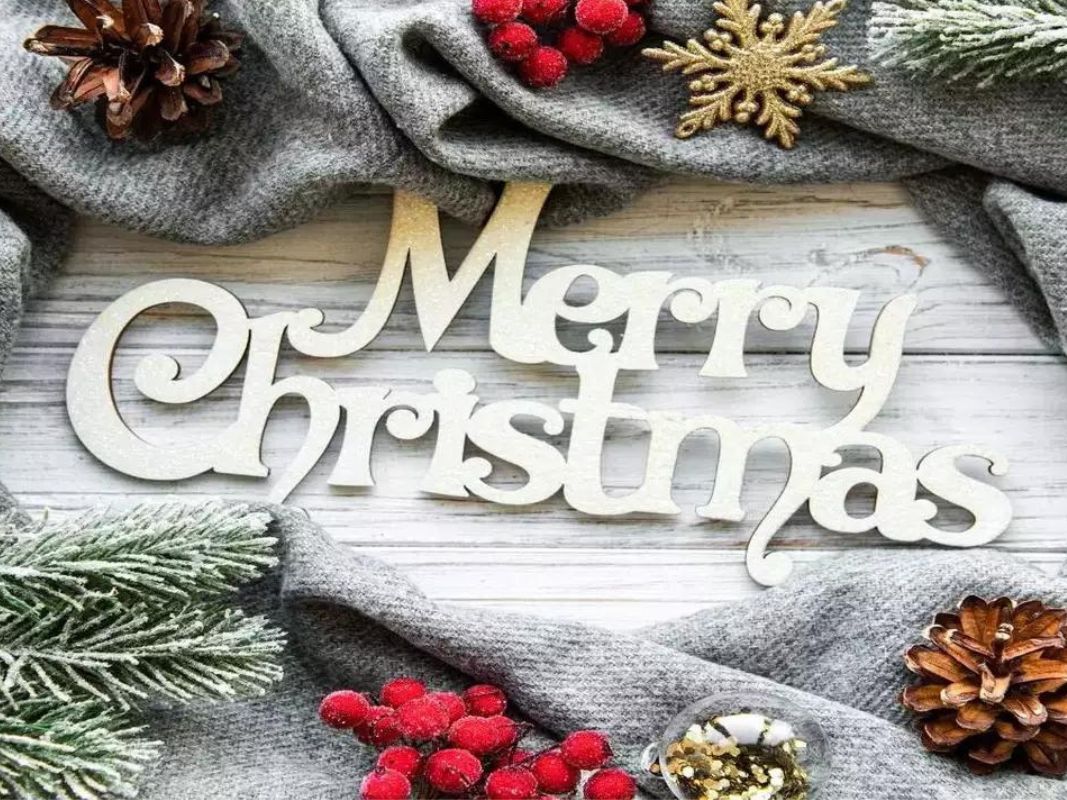
Special Significance:
The evergreen tree symbolizes eternal life, resilience, and the hope of spring amidst winter.
Decorating the tree brings families together, fostering a sense of community and celebration.
Thomas Edisons assistant, Edward Hibberd Johnson, created the first string of electric Christmas lights in 1882.

Christmas lights symbolize the light of Christ and the hope and joy that come with His birth.
They illuminate the dark winter nights, creating a festive and warm atmosphere.
He is often seen with a sack of gifts.
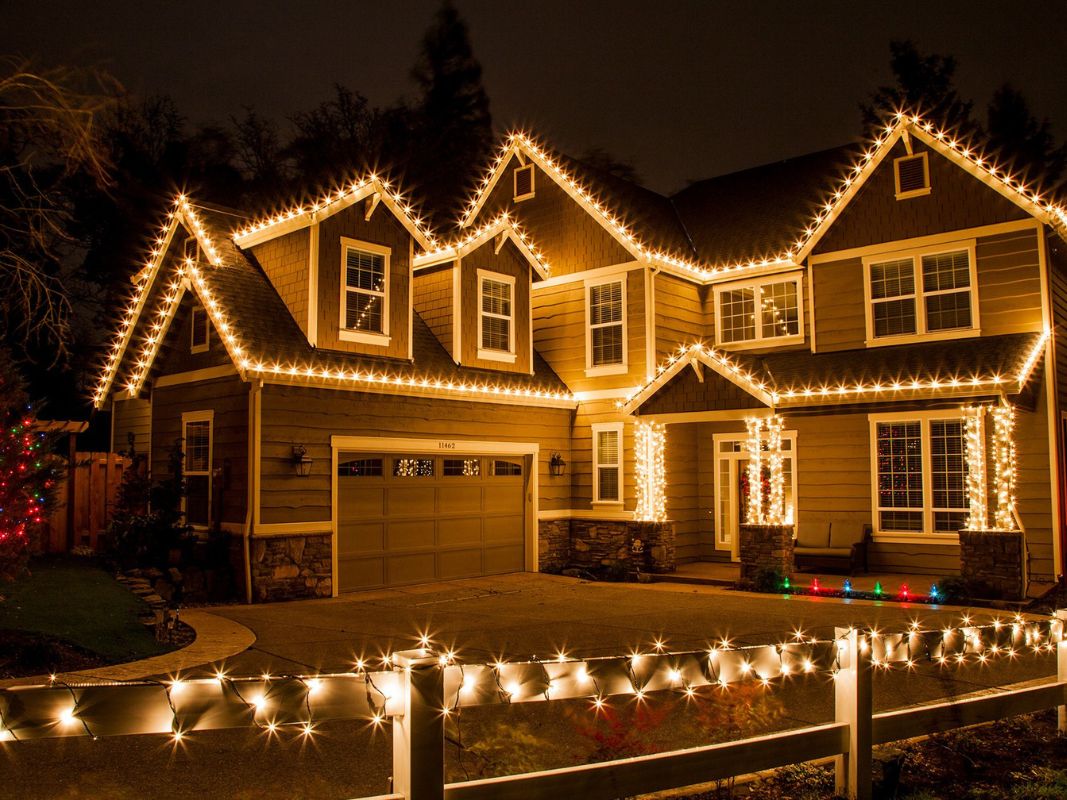
Santa Claus represents the spirit of giving, generosity, and joy.
He embodies the excitement and magic of Christmas for children and adults alike.
Christmas Wreath
The Christmas wreaths circular shape, made from evergreens, symbolizes eternal life.
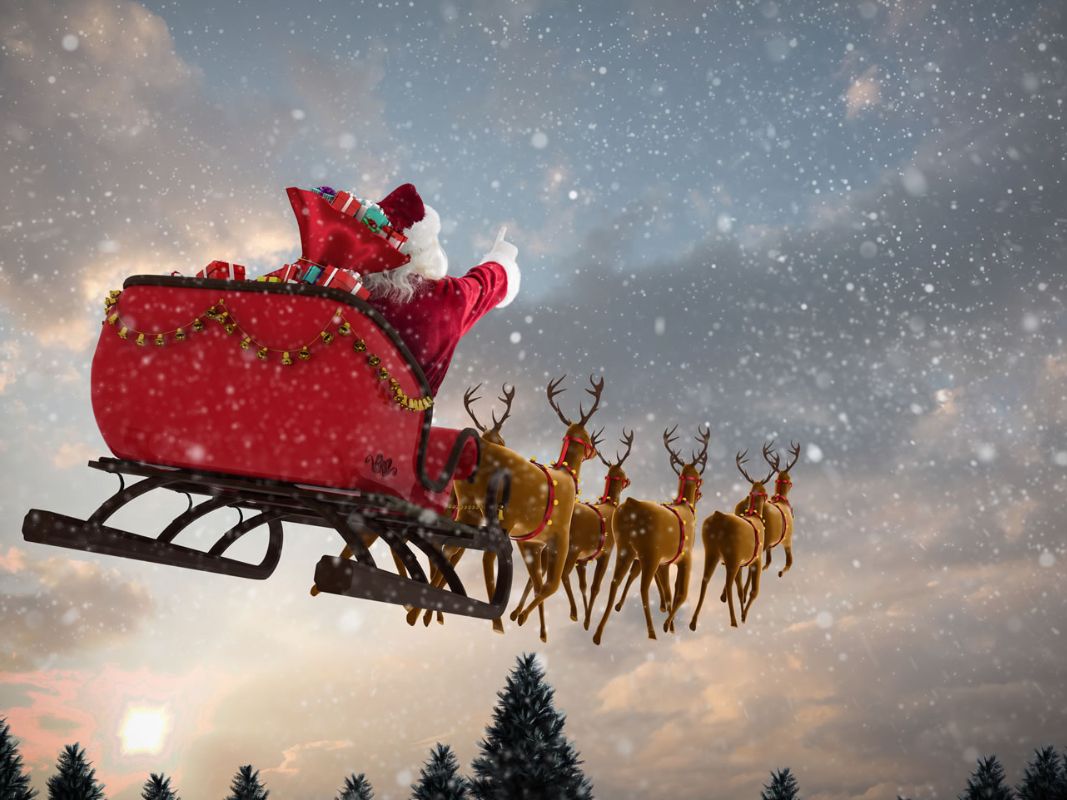
The wreath symbolizes eternity, the circle of life, and the unending love of God.
It welcomes guests into the home and signifies the festive season.
Mistletoe
Mistletoe has been associated with fertility and life since ancient times.
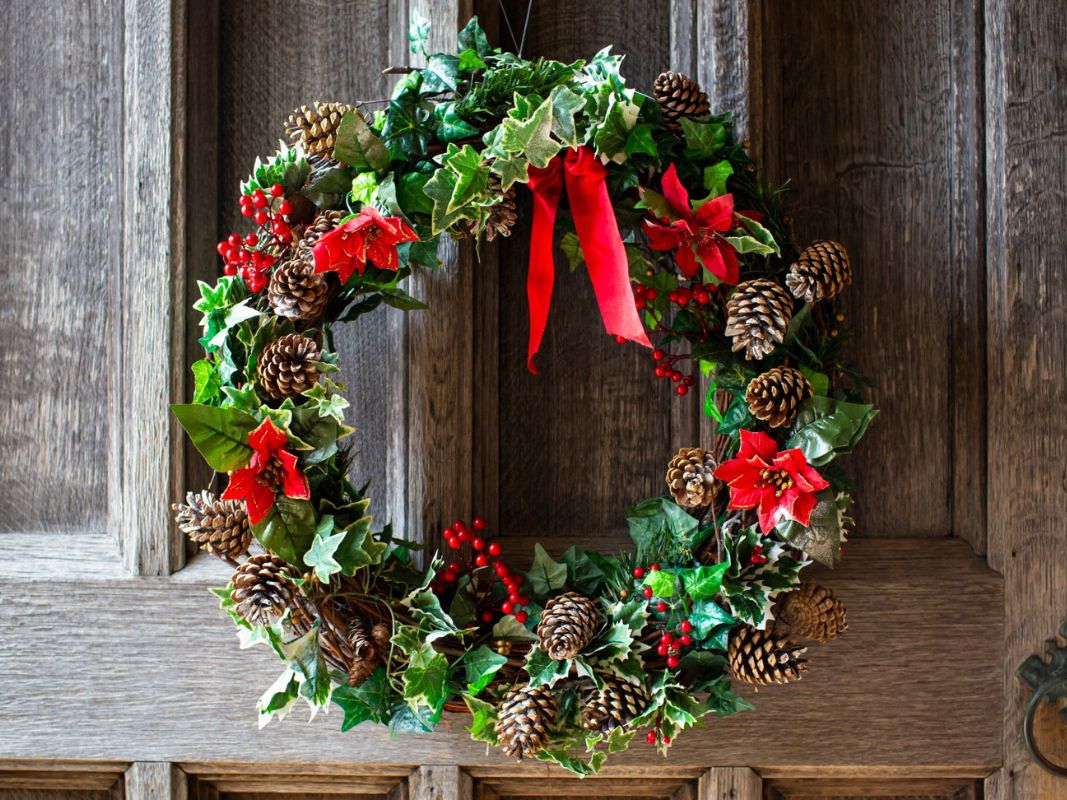
Mistletoe is a green plant with white berries, often hung in doorways.
Kissing under the mistletoe is a tradition that represents love, peace, and goodwill.
It is said to bring good luck and happiness to those who share a kiss beneath it.
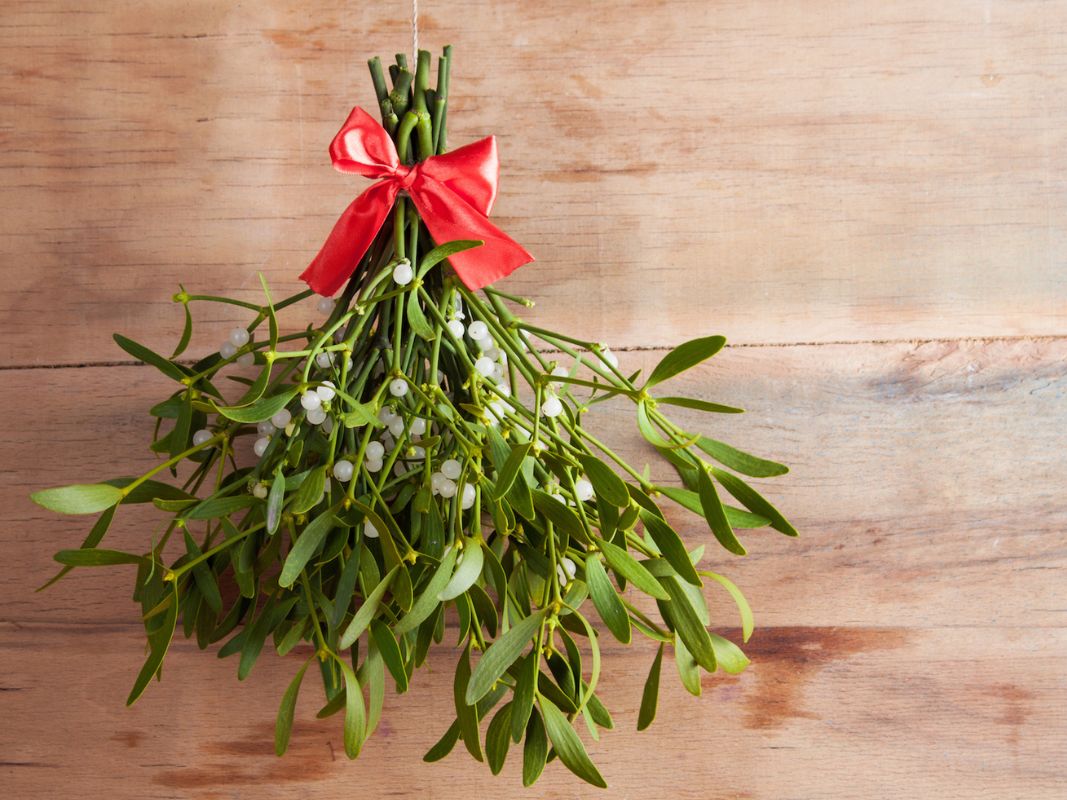
This practice became popular in the 19th century.
Stockings are used to hold small gifts, known as stocking stuffers.
They symbolize the generosity and kindness of Saint Nicholas and add to the excitement of Christmas morning.
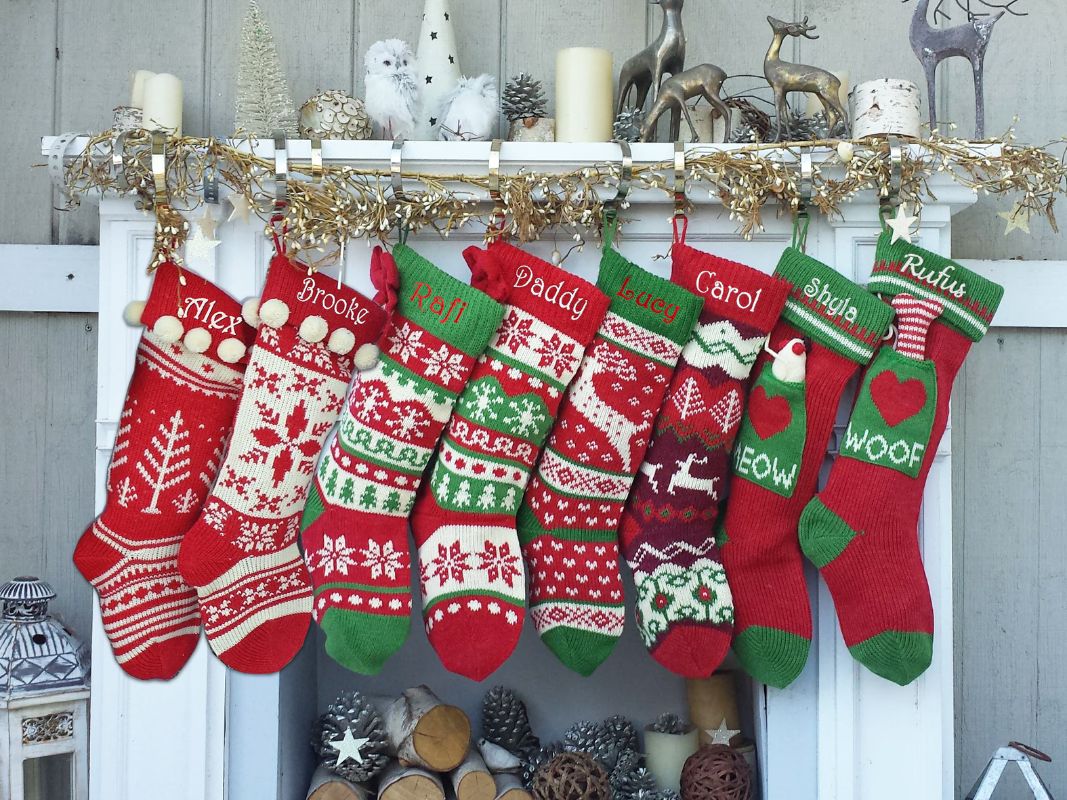
The candys shape is said to represent a shepherds crook, and its colors symbolize purity and sacrifice.
Candy canes are cane-shaped candies, typically white with red stripes and flavored with peppermint.
Candy canes are a sweet treat that represents the shepherds who visited Jesus after His birth.
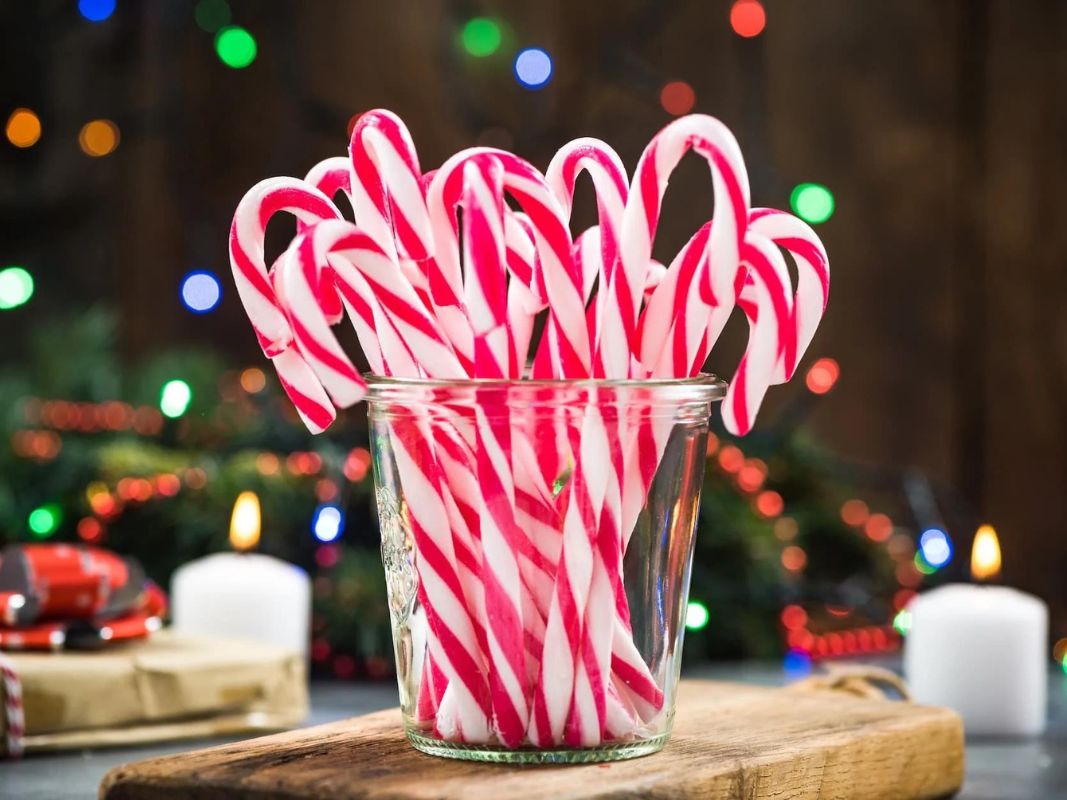
They also serve as festive decorations and are often used to trim Christmas trees.
Nativity Scene
The nativity scene, or creche, depicts the birth of Jesus Christ.
The nativity scene represents the true meaning of Christmas, focusing on the birth of Jesus Christ.
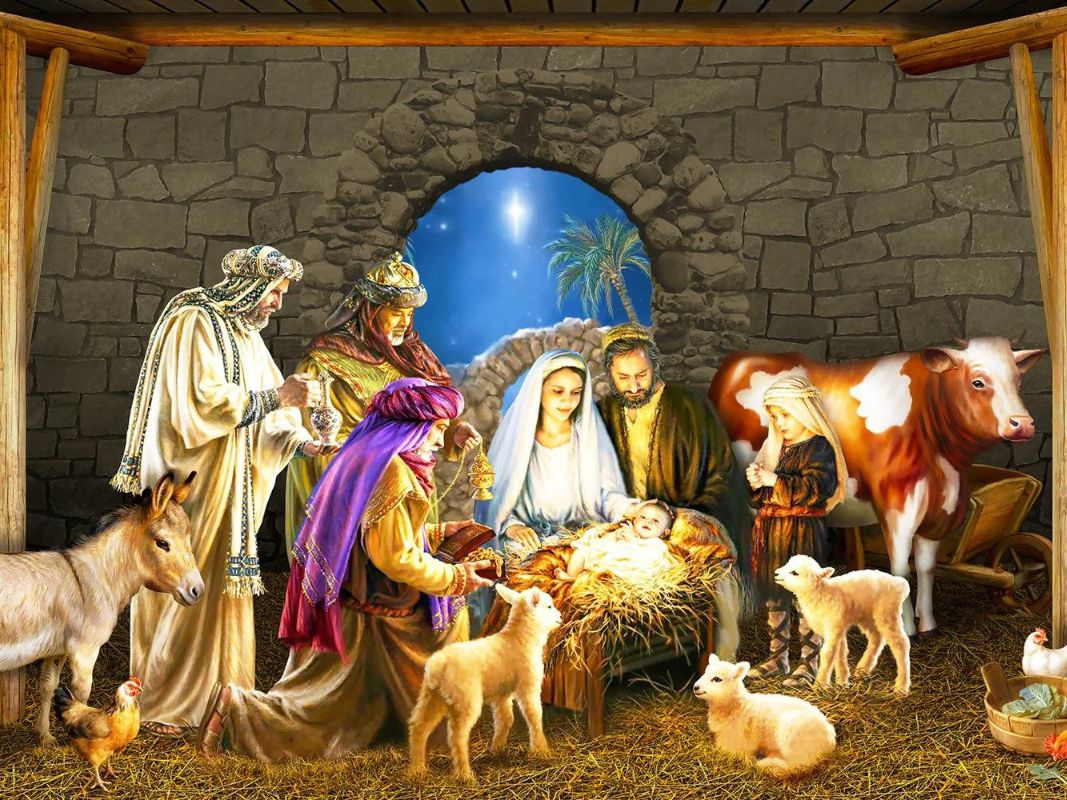
It serves as a reminder of the humble beginnings of the Savior and the joy of His arrival.
It featured a festive illustration and the message A Merry Christmas and a Happy New Year to You.
Christmas cards are a way to express love, friendship, and well-wishes during the holiday season.
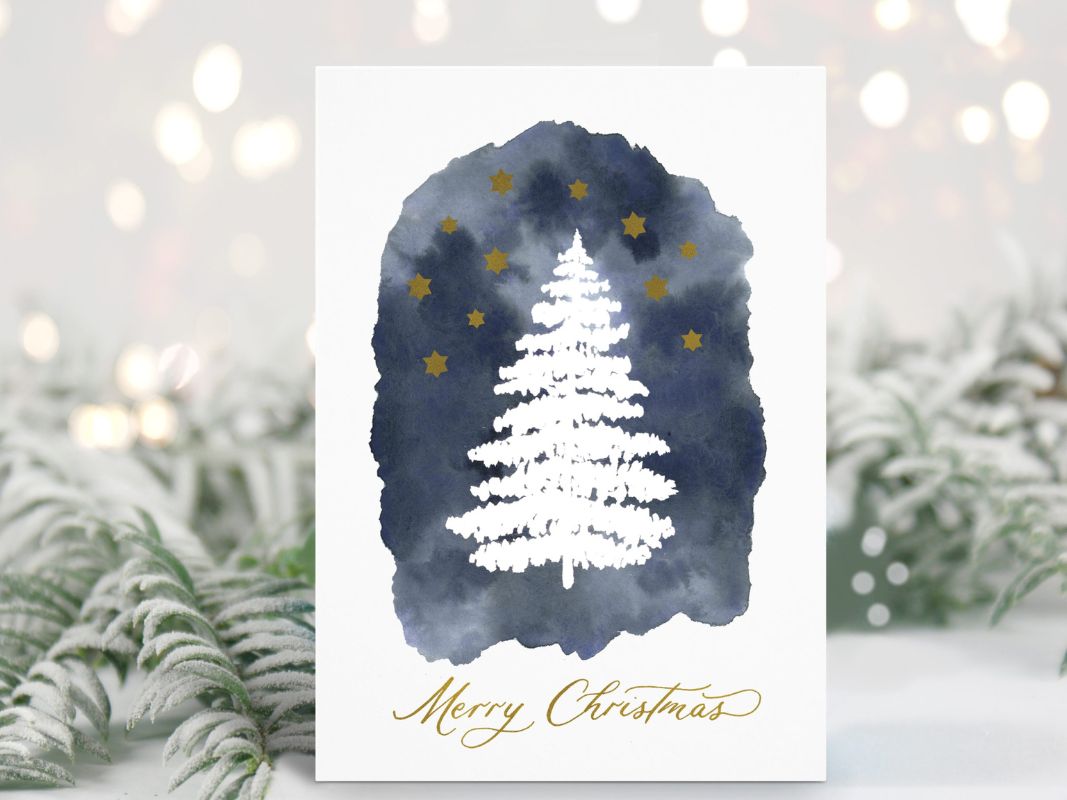
They strengthen connections and spread joy and warmth.
Christmas Pudding
Christmas pudding, also known as plum pudding, has its origins in medieval England.
It evolved from a key in of porridge and became a staple of Christmas celebrations by the 19th century.
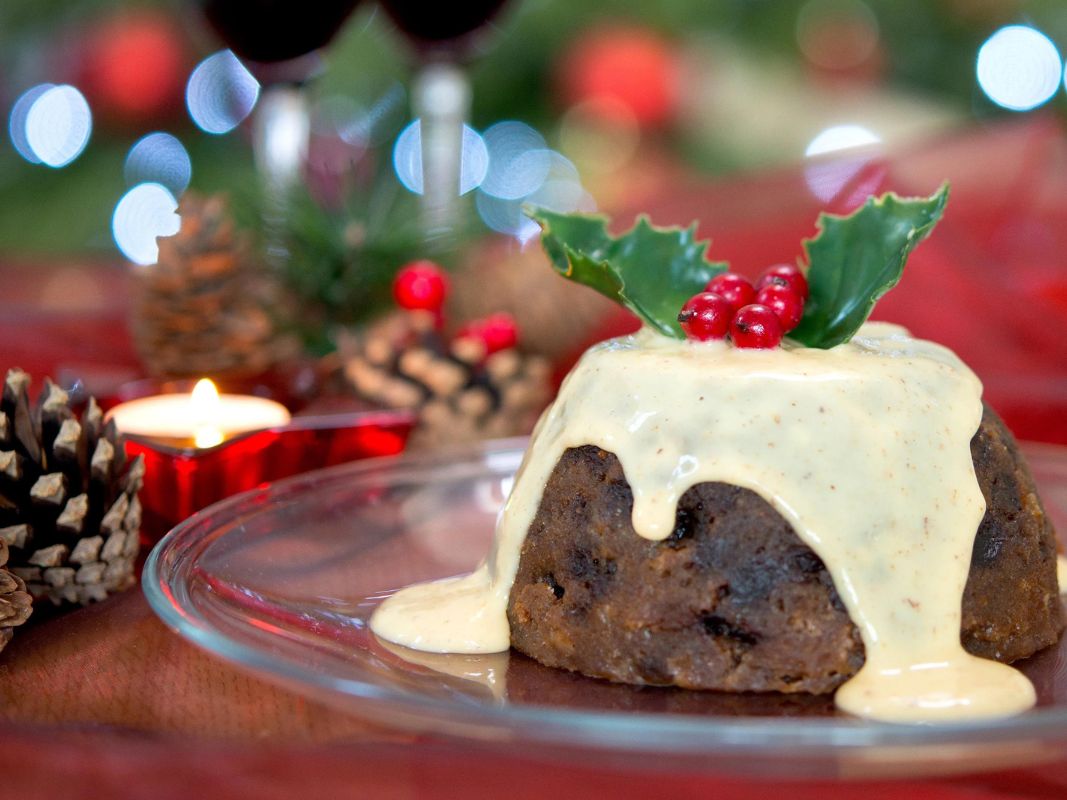
Christmas pudding is a traditional holiday dessert that symbolizes festivity and indulgence.
The ritual of making and eating it brings families together, and it is often associated with good luck.
Yule Log
The Yule log tradition dates back to pre-Christian winter solstice celebrations in Scandinavia and northern Europe.
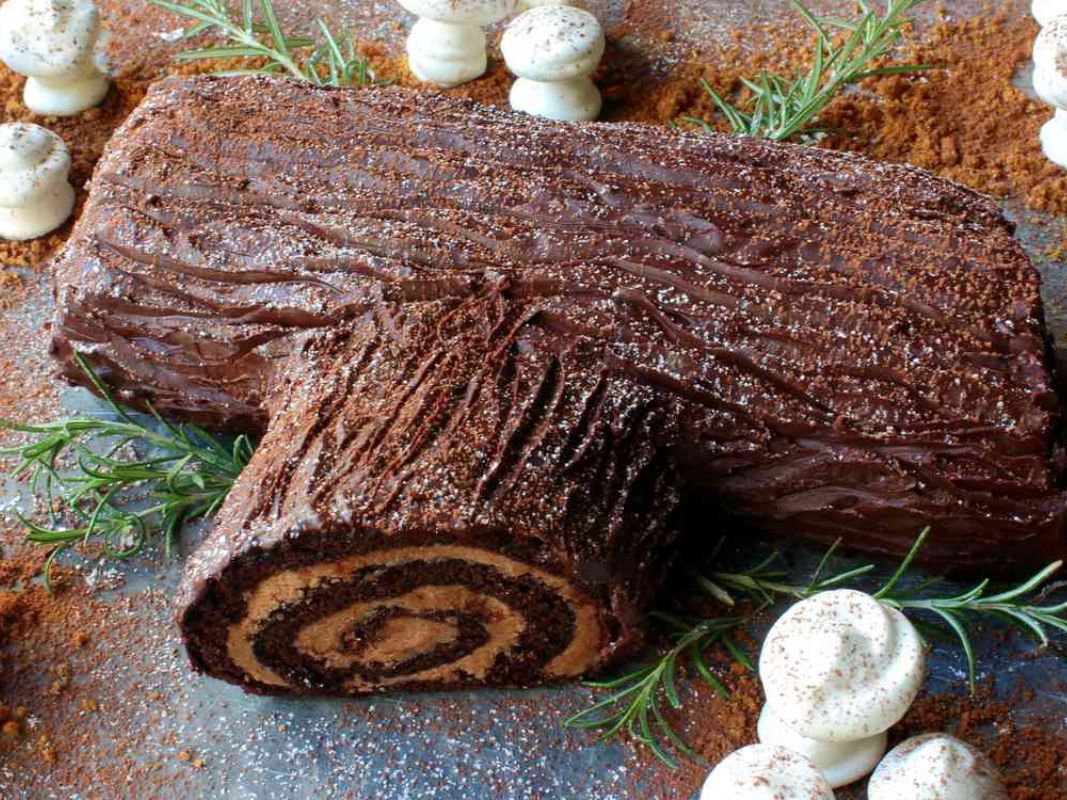
The log was burned in the hearth to bring warmth and ward off evil spirits.
The Yule log symbolizes warmth, light, and the promise of spring.
The tradition of the Yule log brings a sense of history and continuity to Christmas celebrations.
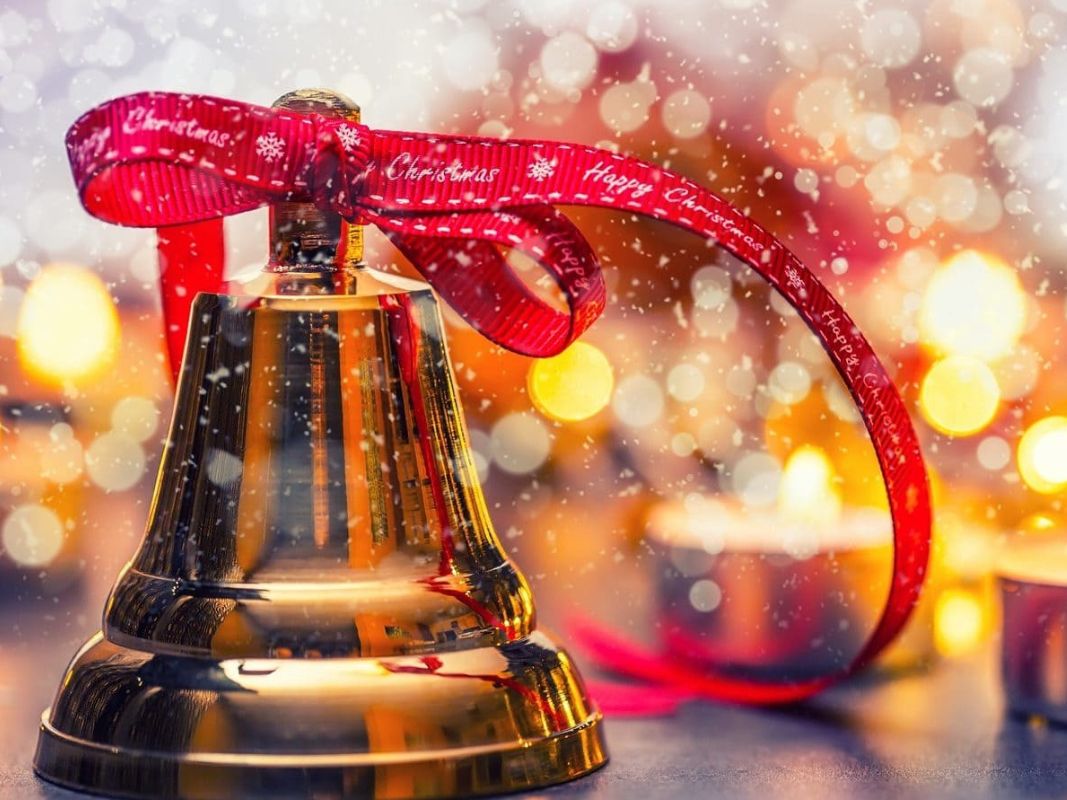
Christmas Bells
Bells have been used in Christian churches for centuries to signify the start of a service.
Christmas bells are typically depicted as handbells or church bells, often adorned with ribbons and holly.
Christmas bells symbolize joy and the announcement of good news.
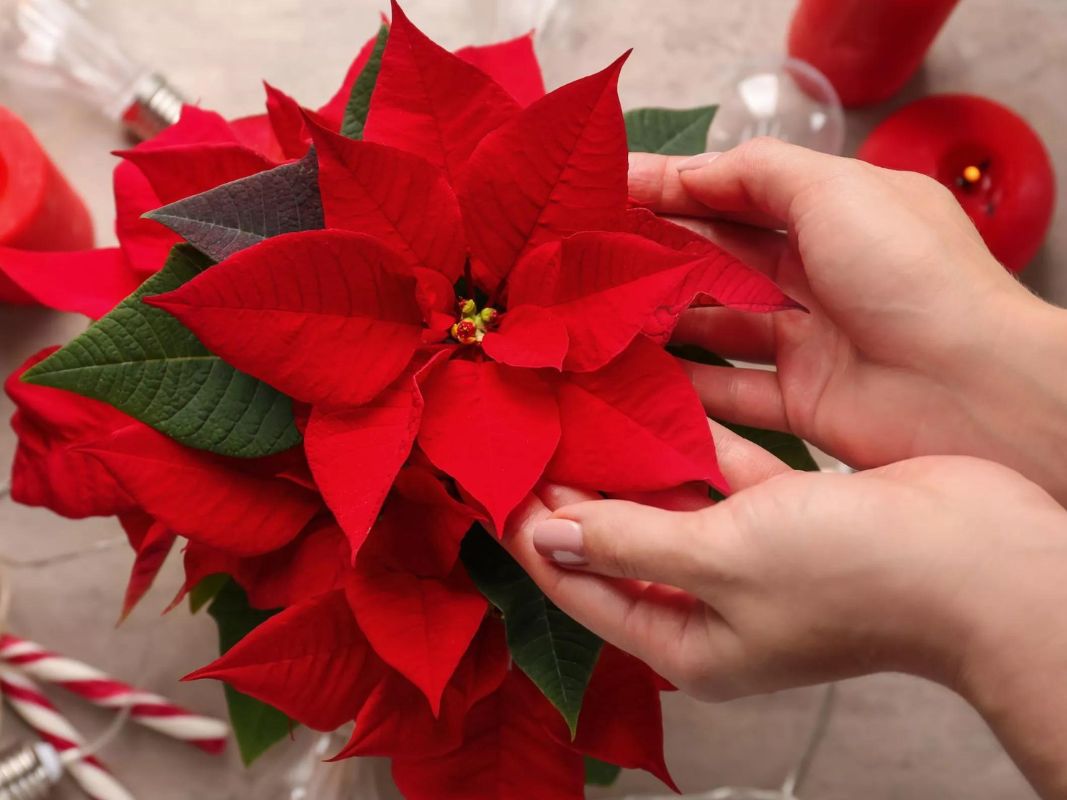
Their ringing is a call to celebrate and rejoice during the festive season.
Poinsettias are known for their bright red and green foliage, often used in Christmas decorations.
Poinsettias symbolize the Star of Bethlehem and are used to decorate homes and churches during the holiday season.
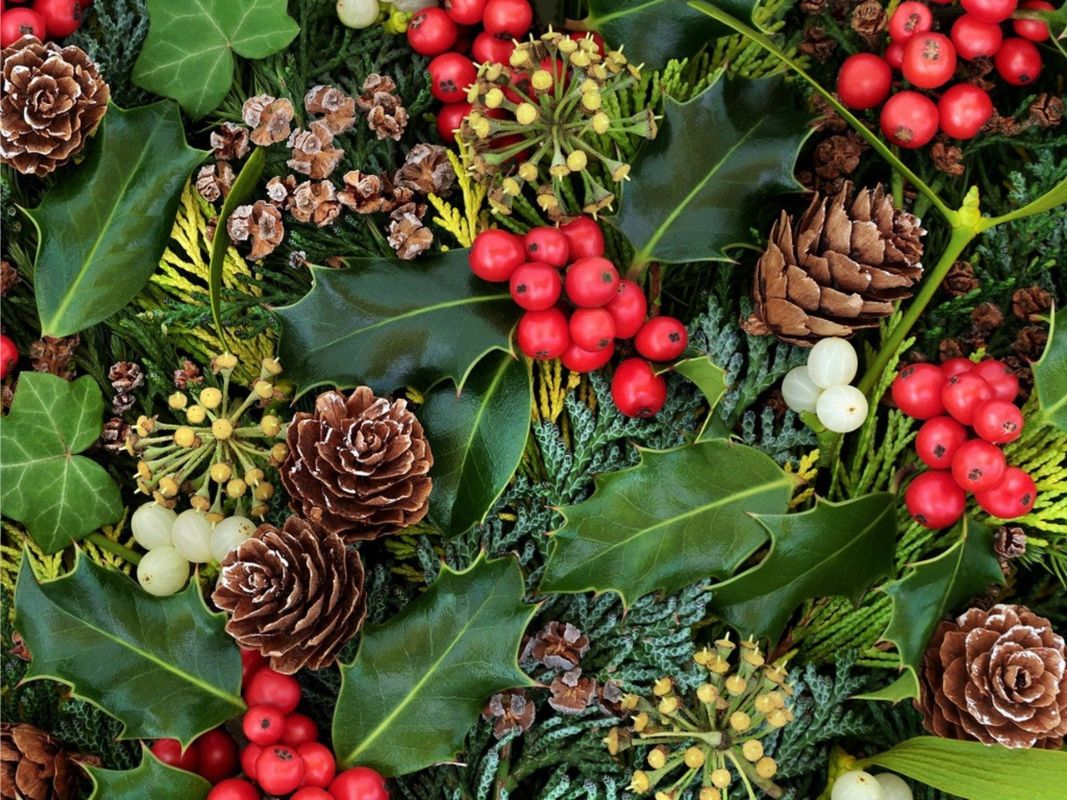
Their vibrant colors bring festive cheer and beauty.
Holly and Ivy
Holly and ivy have been used as winter decorations since ancient times.
Holly was believed to protect against evil spirits, while ivy symbolized fidelity and eternal life.
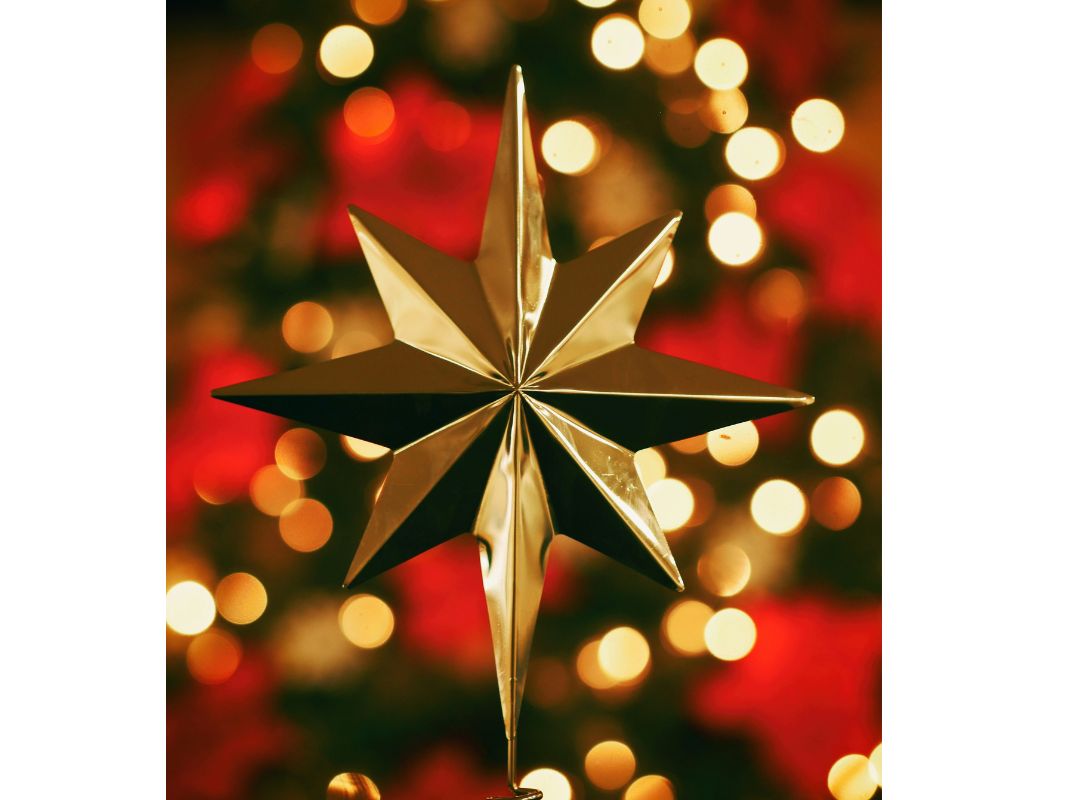
Holly is an evergreen plant with spiky leaves and red berries, while ivy has green, glossy leaves.
Holly and ivy symbolize the endurance of life through winter.
They are often used together in Christmas decorations to represent the harmonious balance of nature.
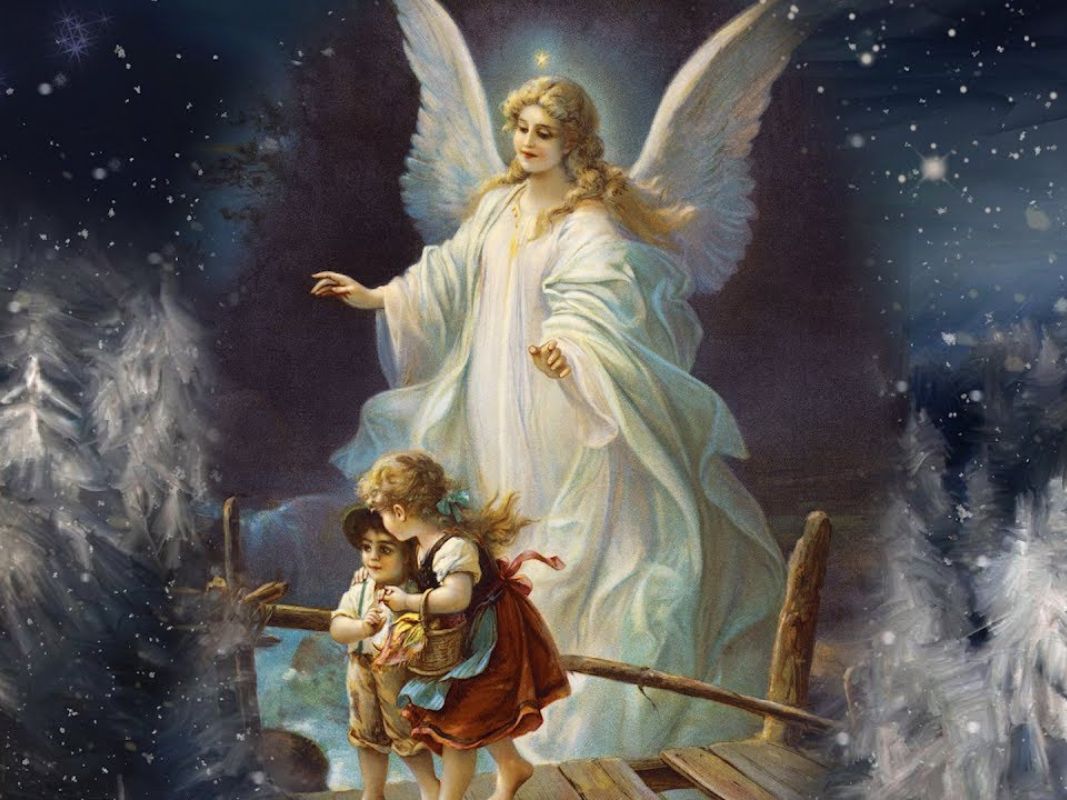
It has been a symbol of Christmas since the earliest Christian traditions.
The star symbolizes guidance, hope, and the fulfillment of prophecy.
It reminds Christians of the miraculous birth of Jesus and the divine light that leads the way.
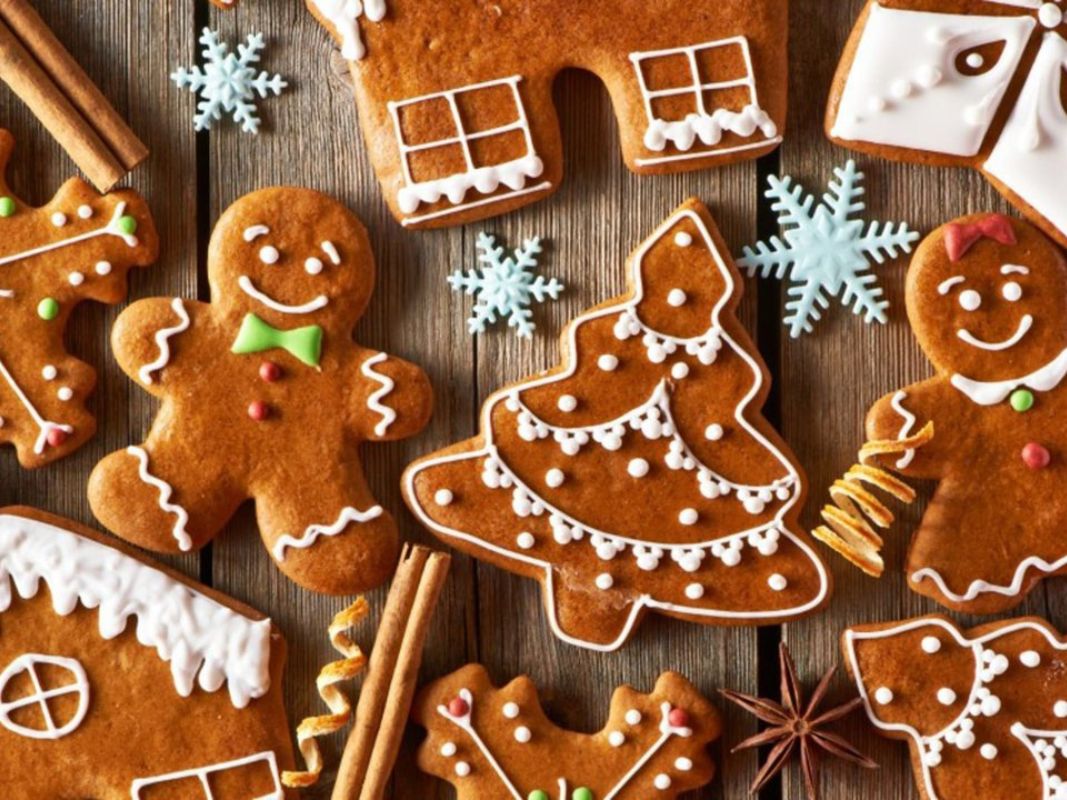
They have been part of Christmas iconography for centuries.
Christmas angels are depicted as heavenly beings with wings, often holding harps or trumpets.
Angels symbolize divine intervention, protection, and the joyous announcement of Christs birth.
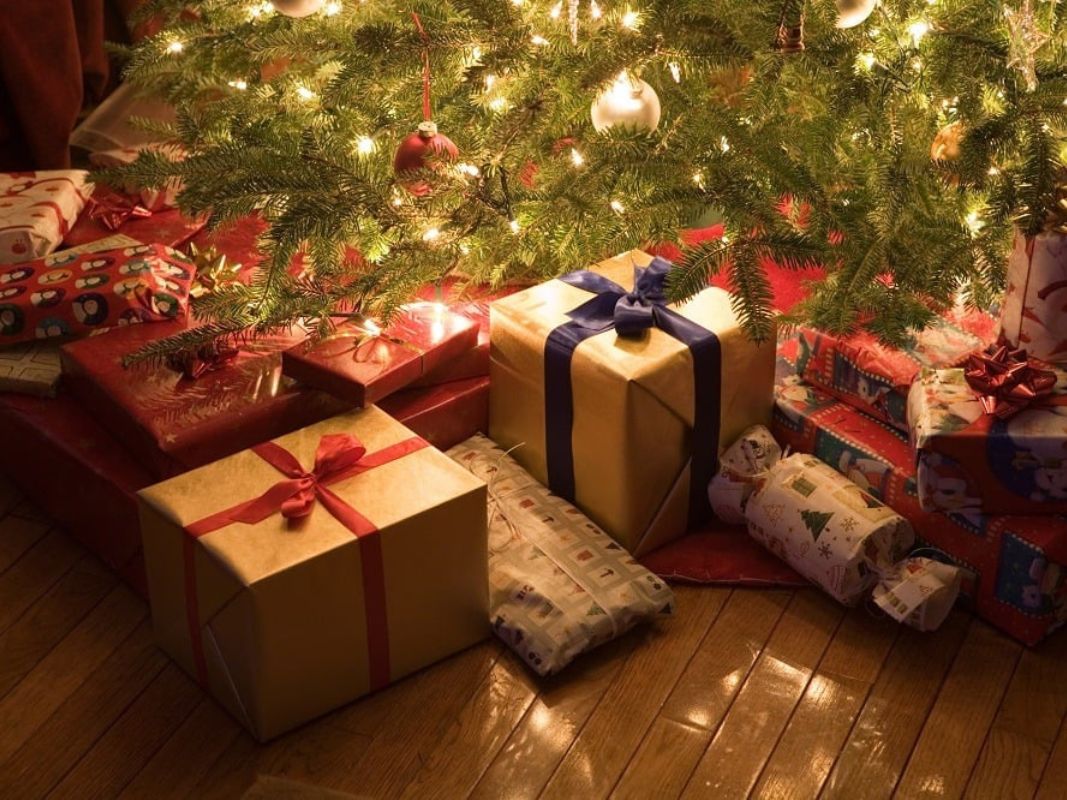
They are a reminder of the spiritual aspects of Christmas.
The tradition of making gingerbread houses originated in Germany.
Gingerbread symbolizes warmth and creativity.
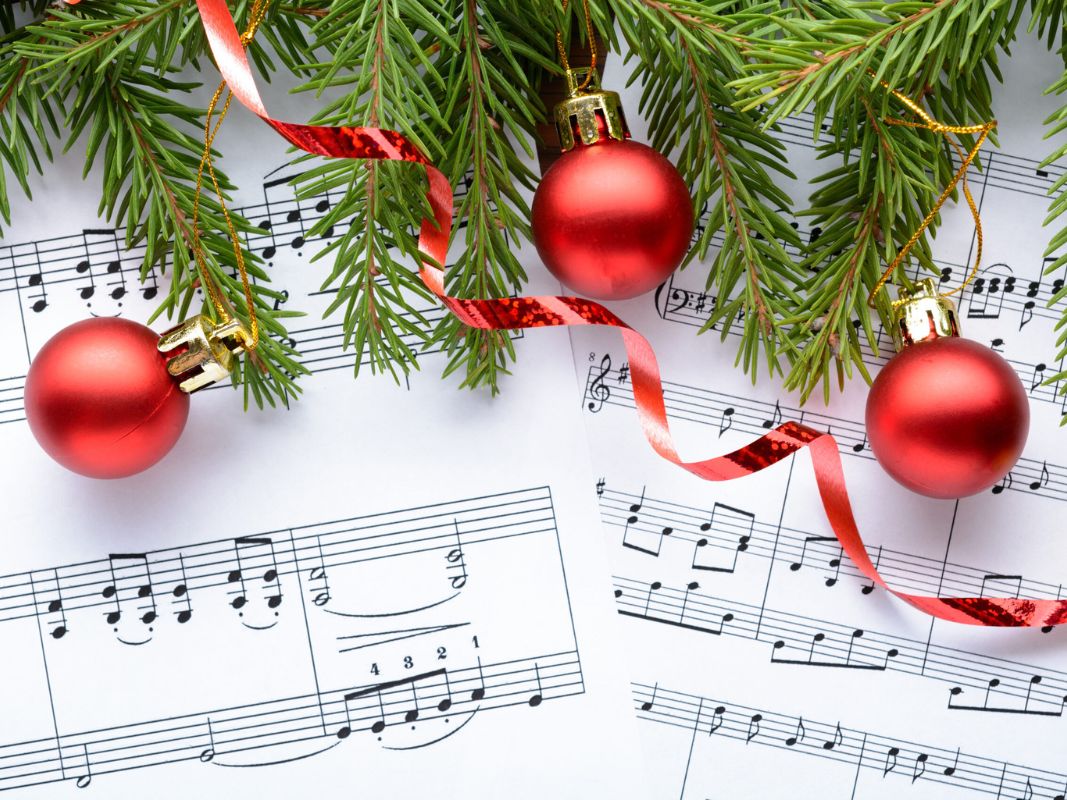
Making and decorating gingerbread houses is a beloved holiday activity that brings families together.
It has become an integral part of Christmas celebrations.
Christmas gifts are often wrapped in festive paper and placed under the Christmas tree.
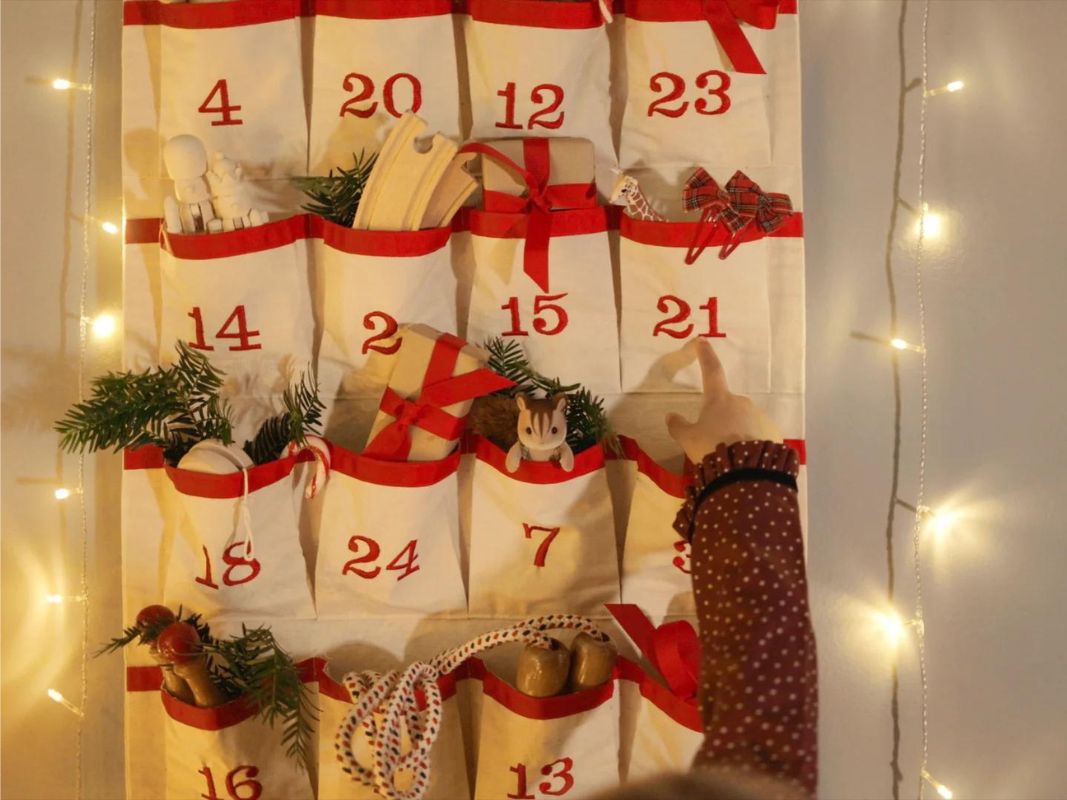
Gift-giving symbolizes generosity, love, and the spirit of giving.
It is a way to express appreciation and bring joy to loved ones.
Christmas Carols
Christmas carols are songs that celebrate the holiday season.
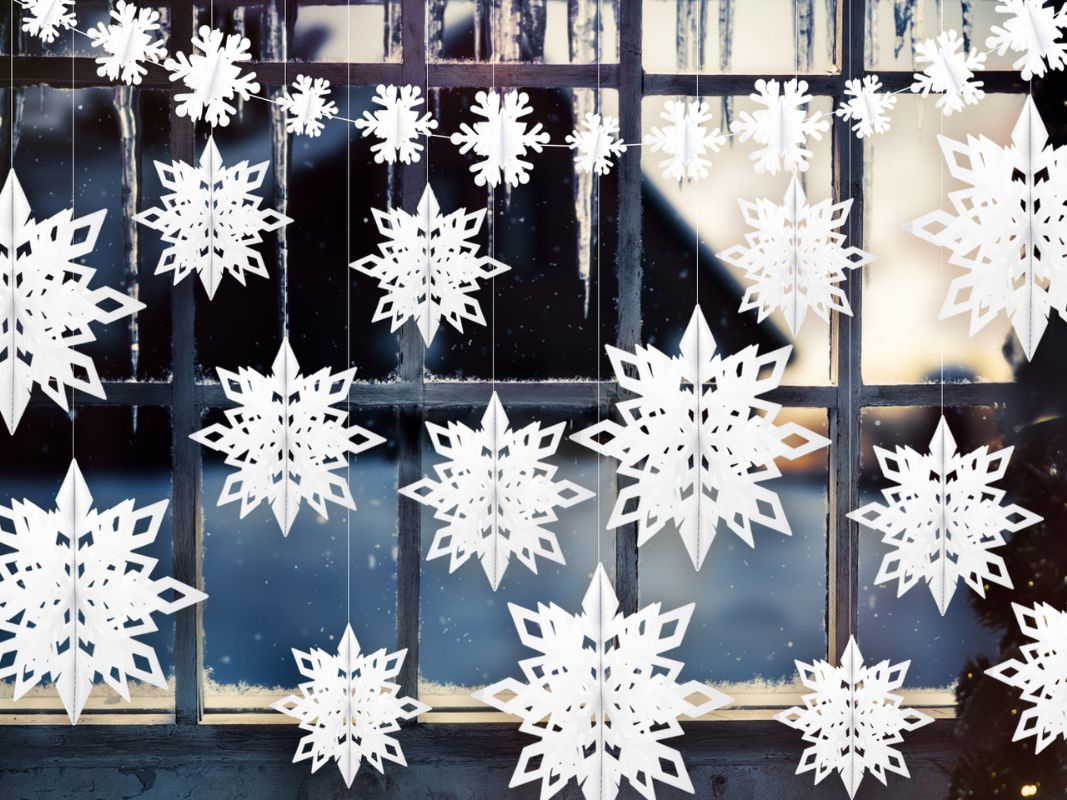
The tradition dates back to medieval Europe when carols were sung to celebrate different festivals throughout the year.
Carols bring people together through music, spreading cheer and reinforcing the communitys sense of unity and celebration.
Each days door or window would reveal a Bible verse, picture, or treat.
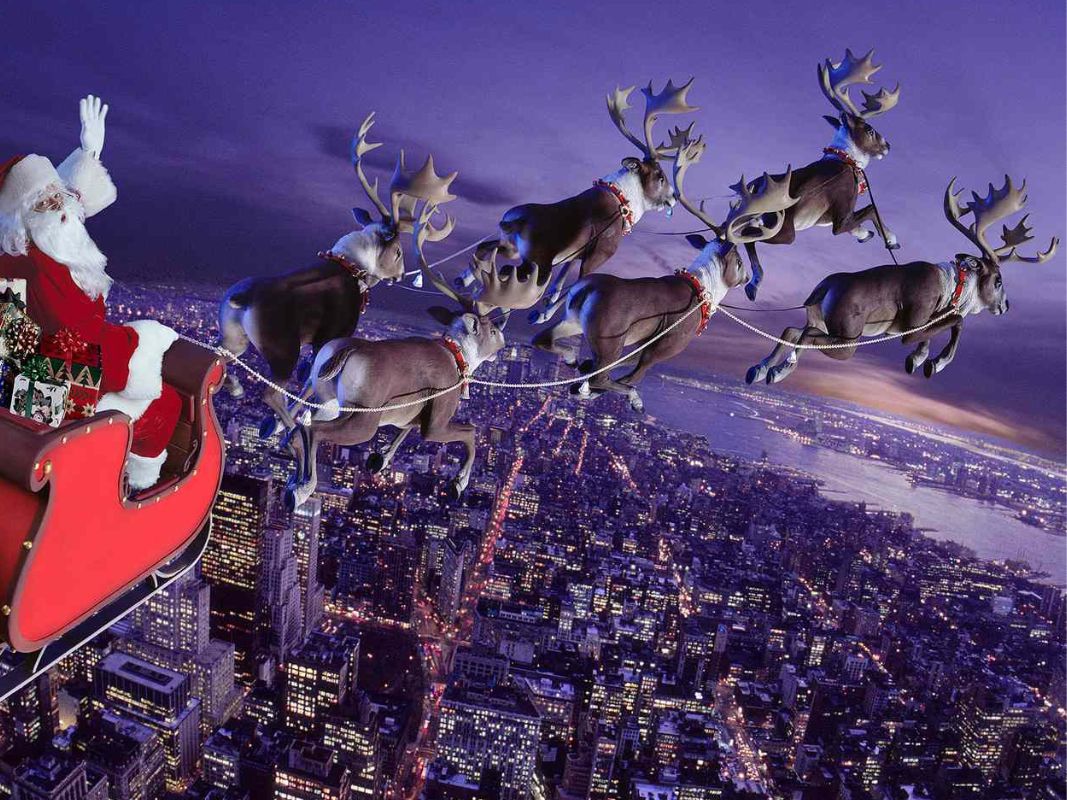
Advent calendars build anticipation and excitement for Christmas Day.
They provide a daily reminder of the holidays approaching joy and celebration.
Snowflakes symbolize purity, uniqueness, and the transient beauty of winter.
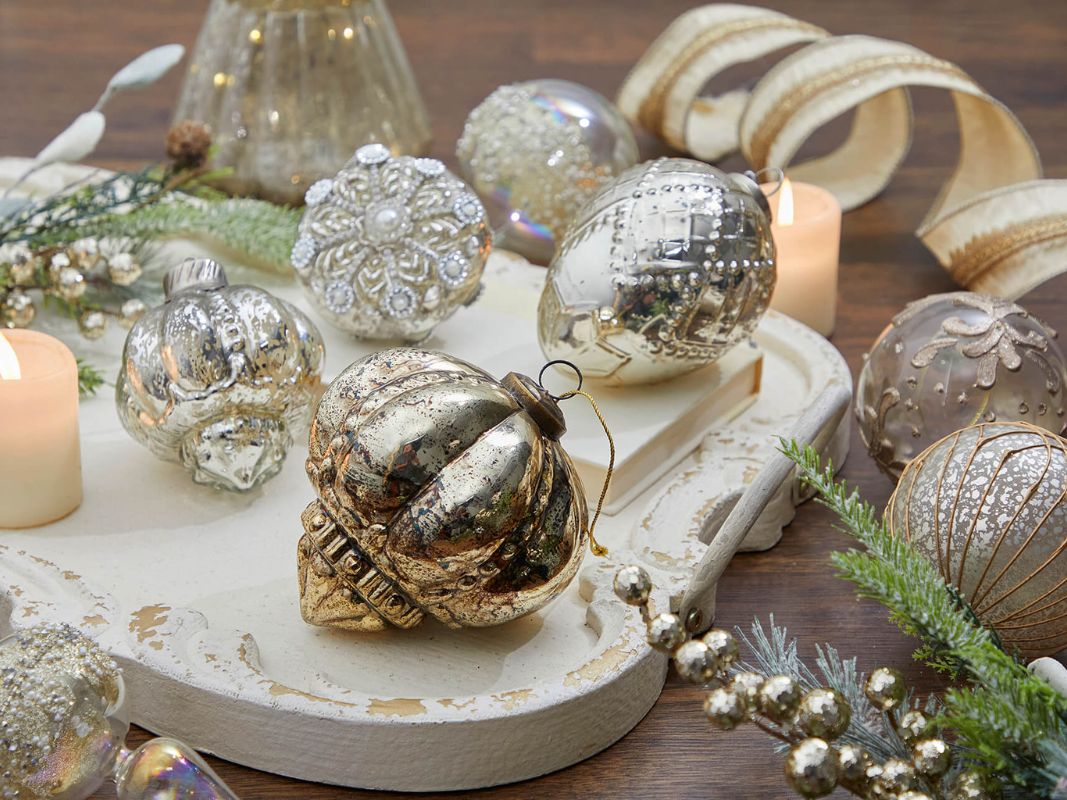
They add a magical touch to Christmas decorations and remind us of the wonder of nature.
The story was popularized by the 1823 poem A Visit from St. Nicholas.
Reindeer are depicted as large, antlered animals, often shown pulling Santas sleigh.
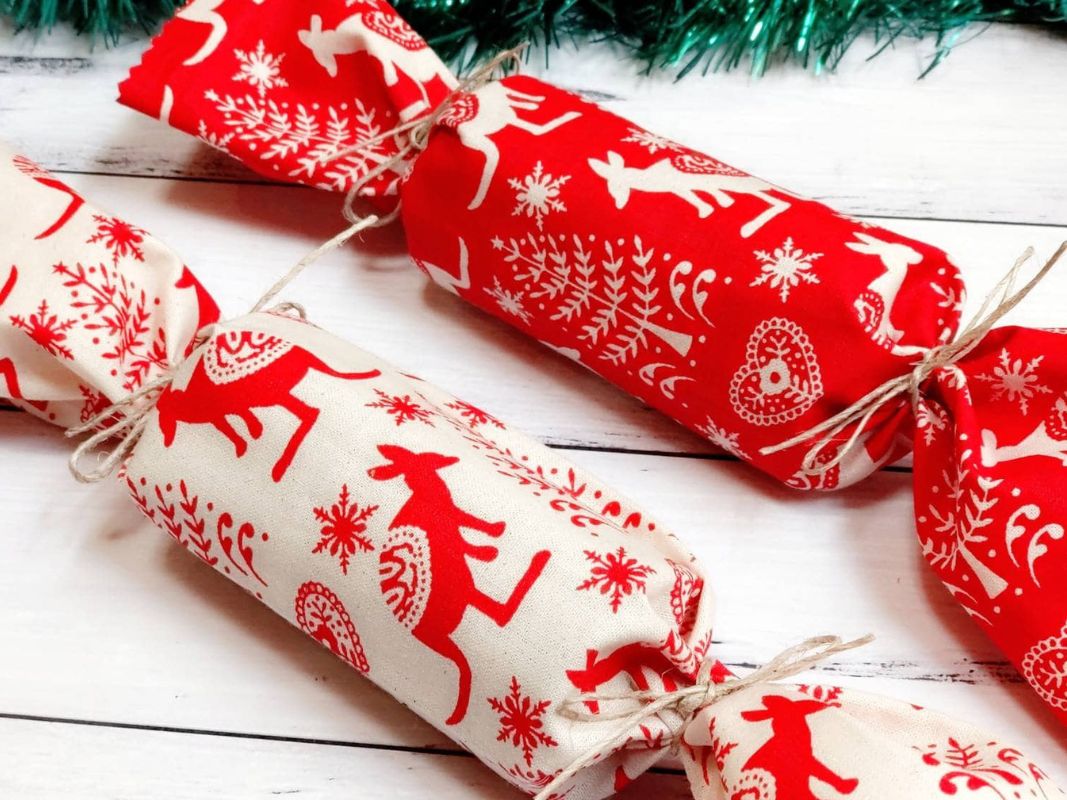
Reindeer symbolize endurance, teamwork, and the magical journey of Santa Claus.
They are a beloved part of Christmas lore and add a sense of wonder to the holiday.
Christmas Ornaments
The tradition of decorating Christmas trees with ornaments began in 16th-century Germany.
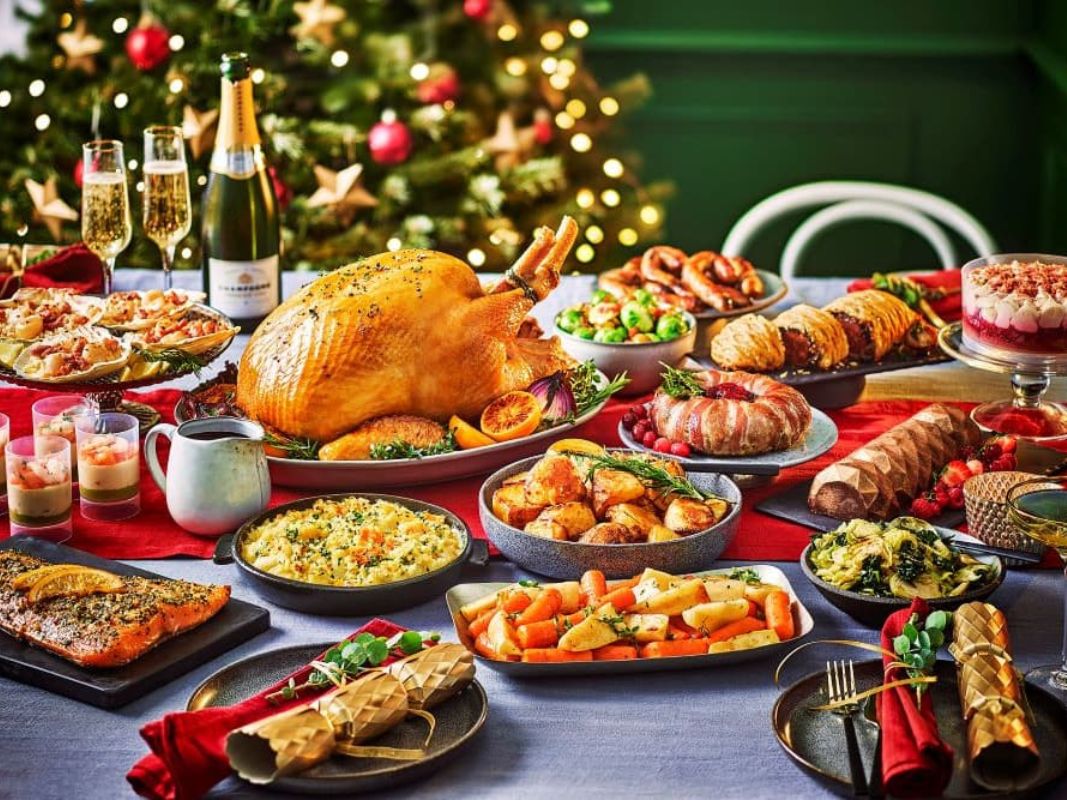
Early ornaments included fruits, nuts, and candles.
Glass ornaments became popular in the 19th century.
Christmas ornaments come in various shapes and sizes, including balls, stars, angels, and figures.
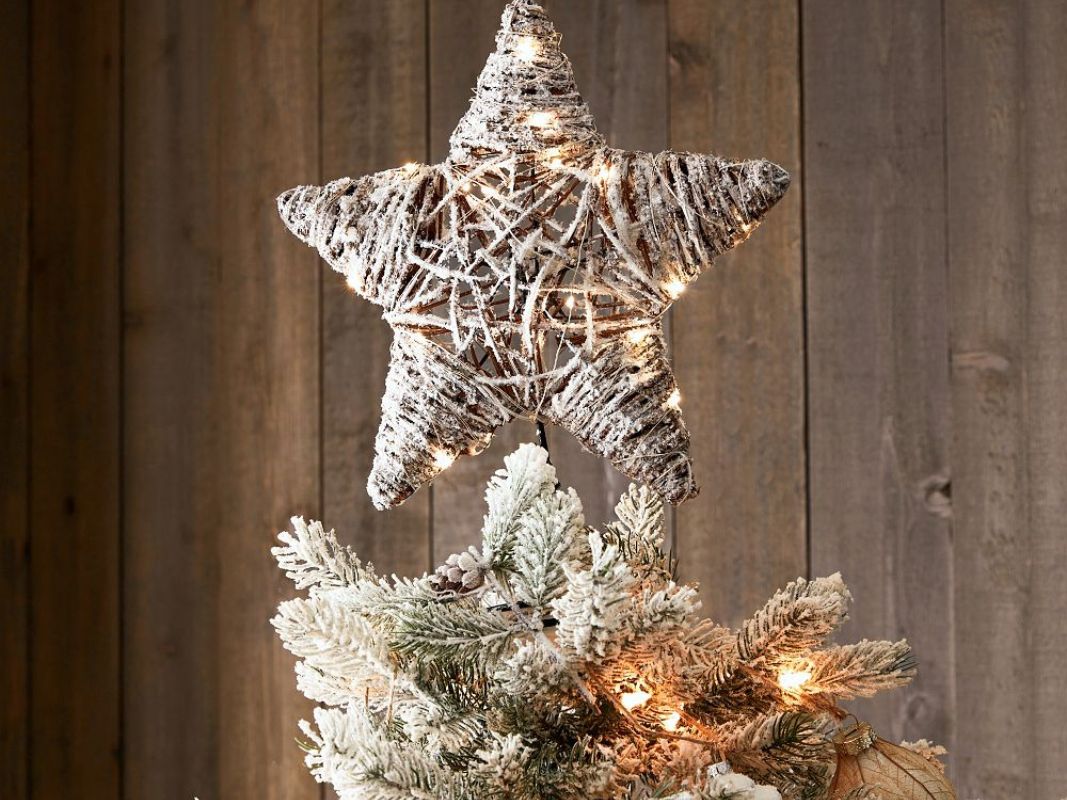
They are often colorful and decorated with glitter or intricate designs.
Ornaments add beauty and personalization to the Christmas tree.
Each ornament can hold special memories and traditions, making the tree unique to each family.
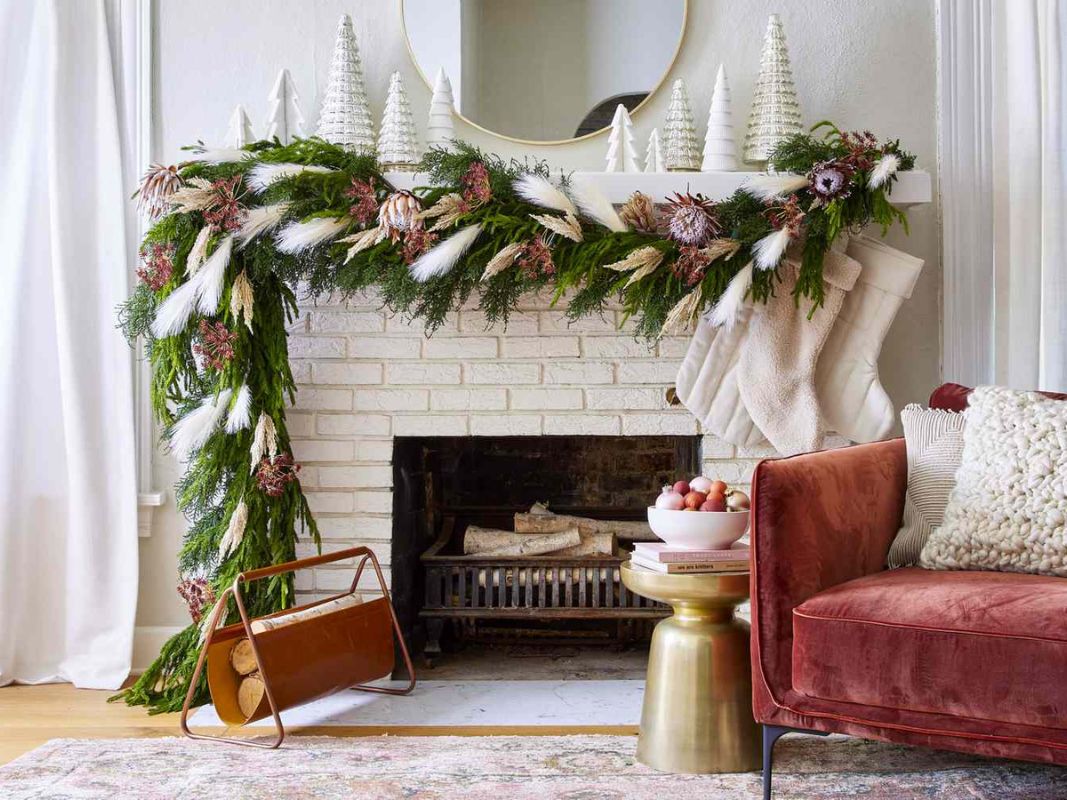
Christmas Crackers
Christmas crackers were invented by Tom Smith, a London confectioner, in the 1840s.
Inspired by French bonbons, he created a paper-wrapped candy that made a popping sound when pulled.
Christmas crackers are cylindrical, paper-wrapped tubes that make a popping sound when pulled apart.
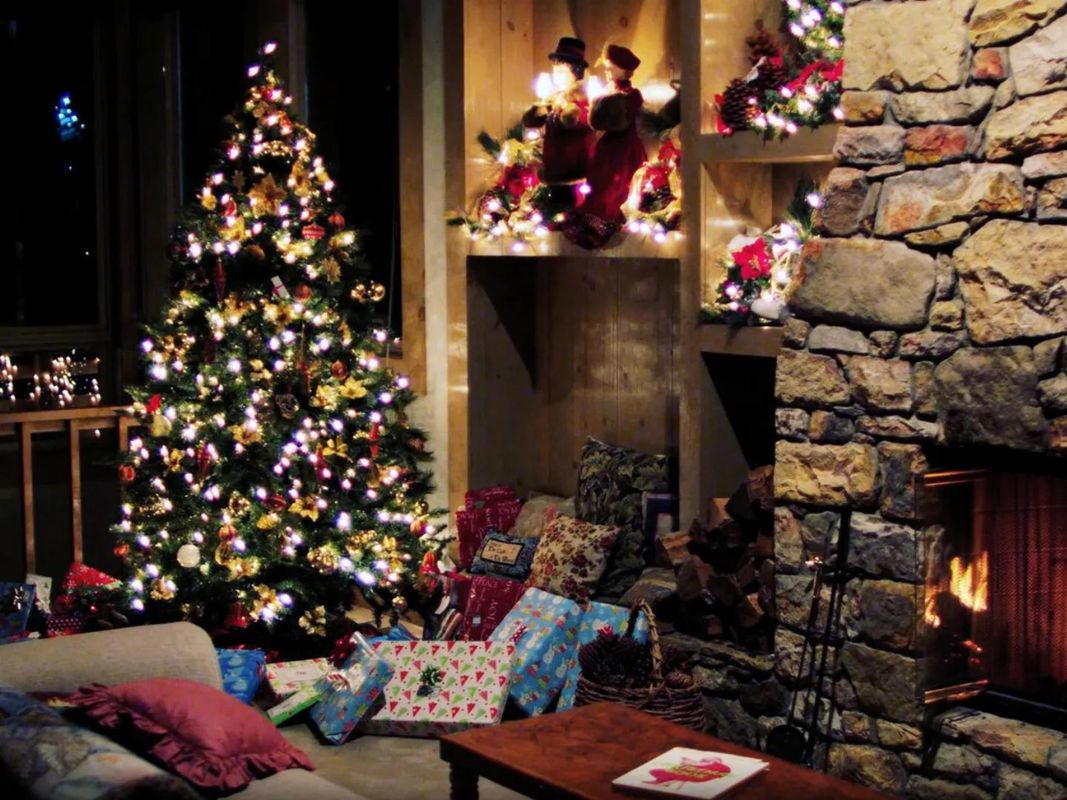
They typically contain a small gift, a paper hat, and a joke or riddle.
Crackers are a fun and festive addition to Christmas celebrations, often enjoyed during Christmas dinner.
They symbolize surprise and joy.
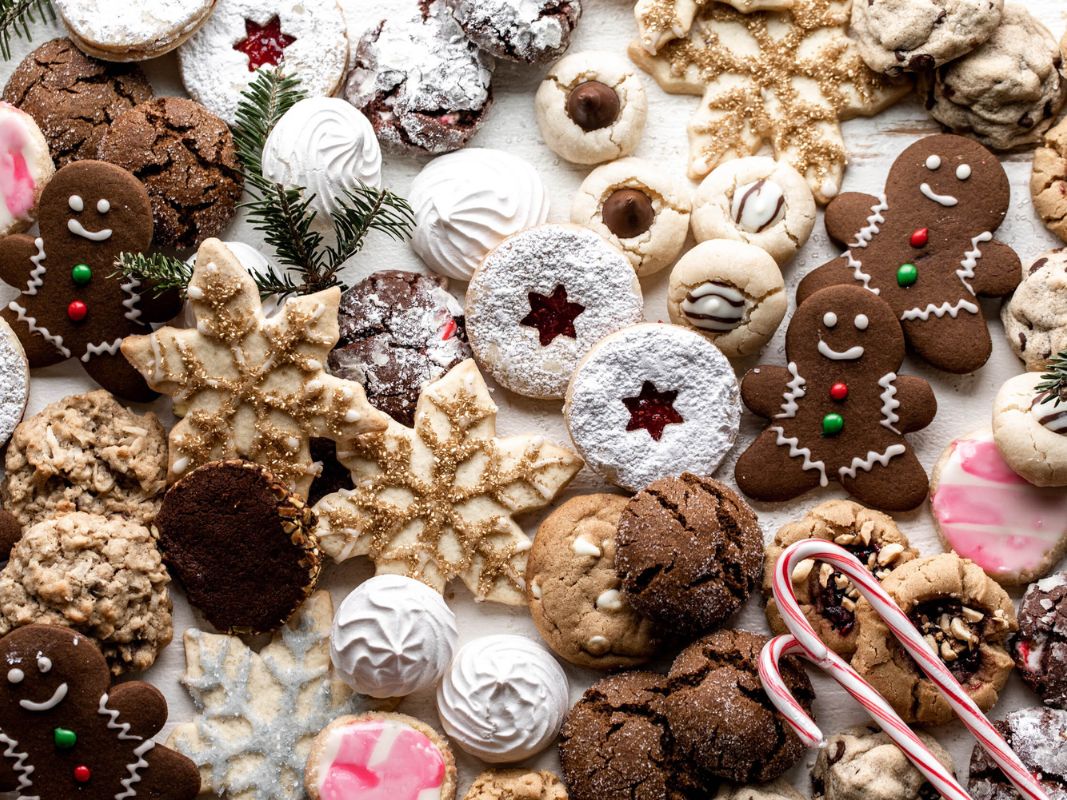
The types of food and customs vary by culture but often include a large meal with family and friends.
The Christmas feast symbolizes abundance, celebration, and togetherness.
It is a time for families to come together, share a meal, and create lasting memories.
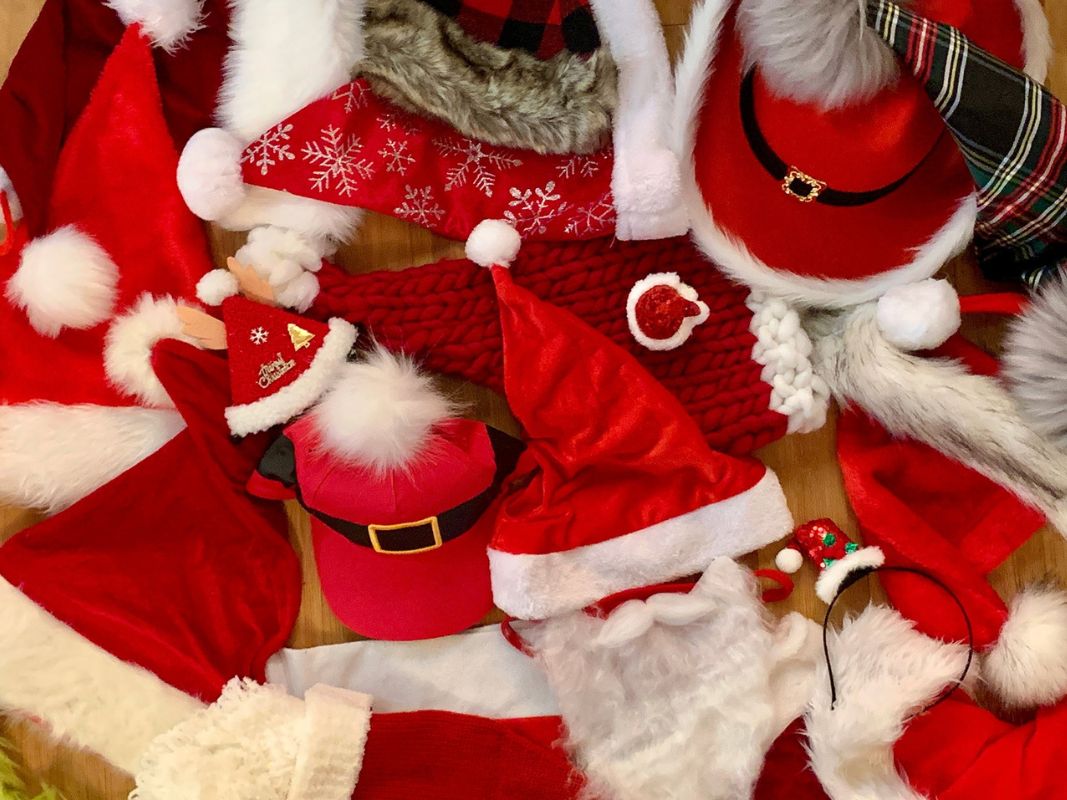
Christmas Tree Toppers
Tree toppers became popular in the 19th century when Christmas trees started to be widely decorated.
Christmas Garland
Garlands have been used in various cultures for centuries as symbols of celebration and victory.
In Christmas traditions, garlands made of evergreen boughs were used to decorate homes.
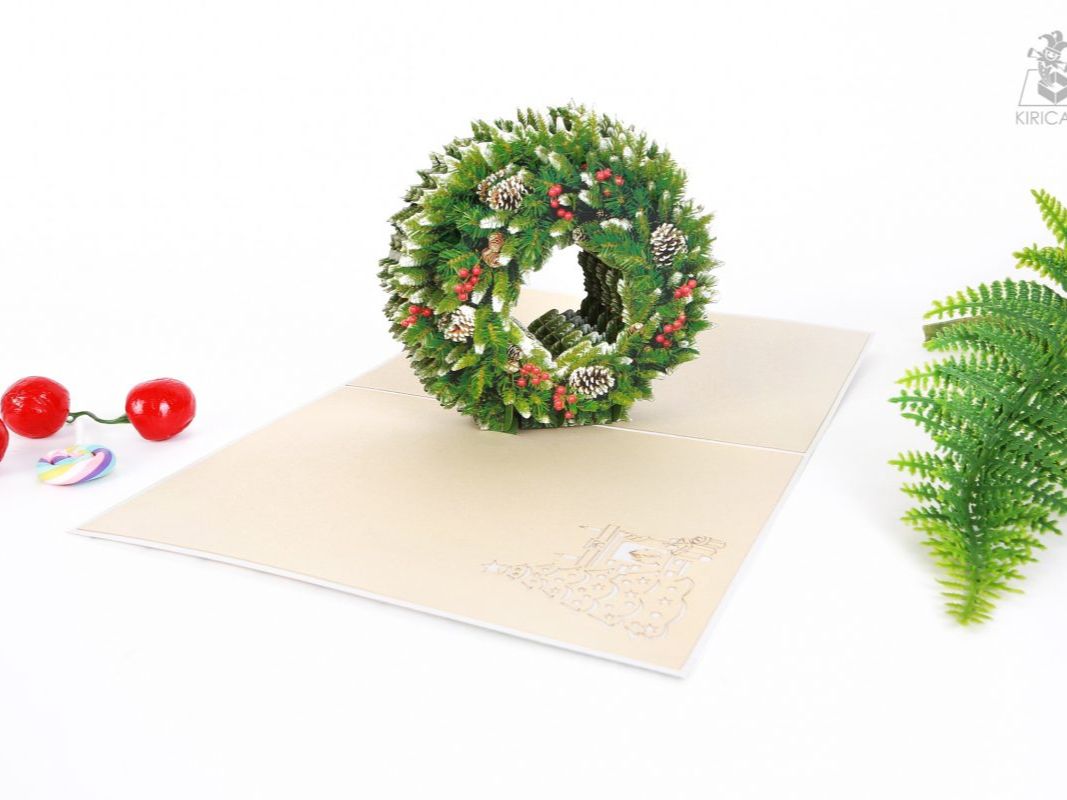
Garlands symbolize festivity, nature, and the continuity of life.
They add a natural and elegant touch to holiday decorations.
Many cultures hold special traditions and services on this night.
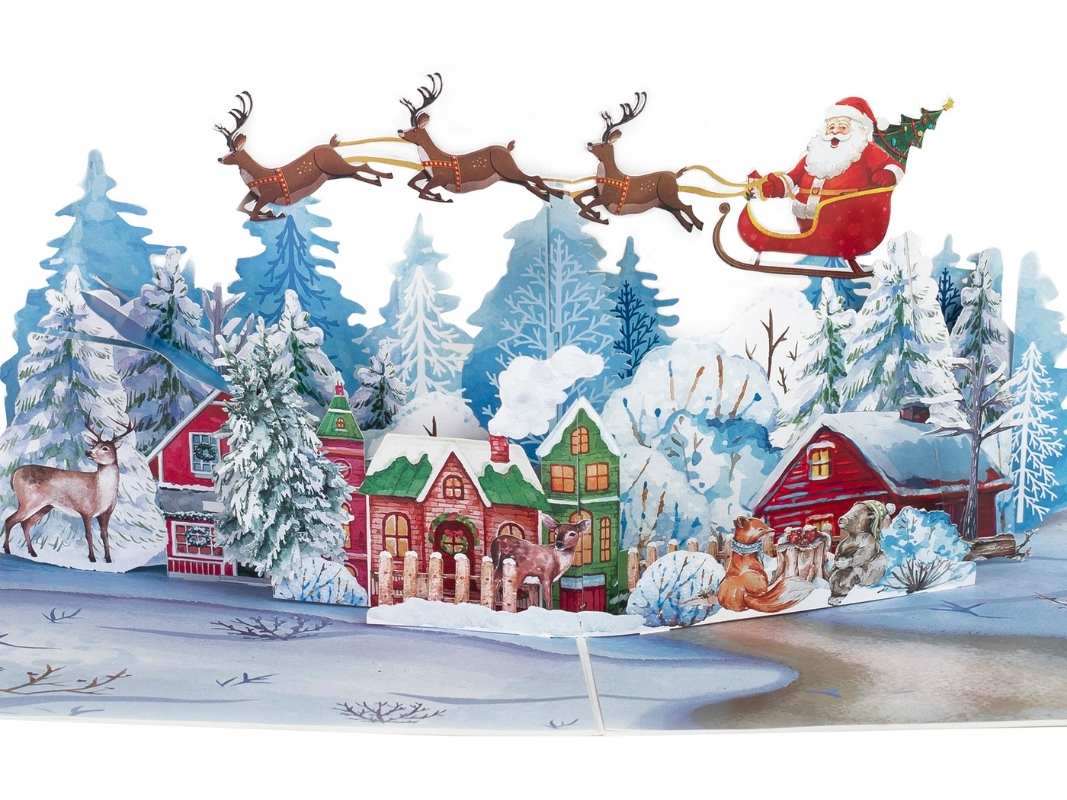
Christmas Eve symbolizes the anticipation and preparation for the celebration of Jesus Christs birth.
It is a time for family gatherings and reflection.
Baking and sharing Christmas cookies symbolize hospitality, creativity, and the joy of giving.
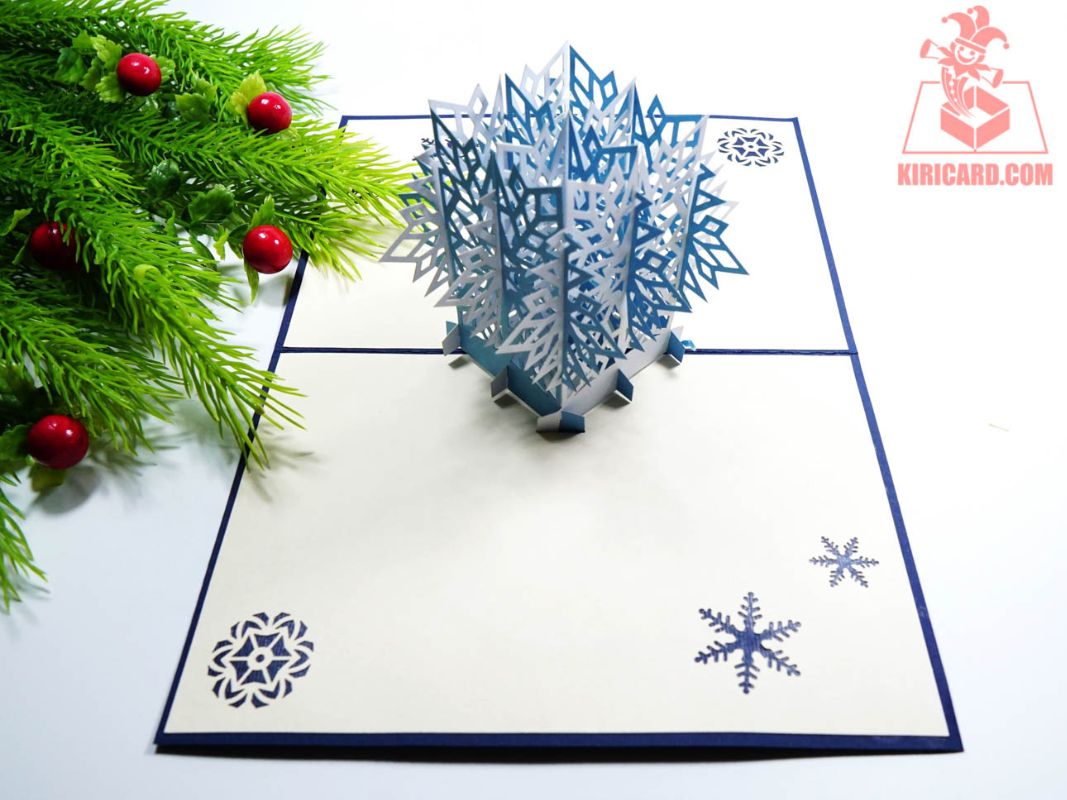
It is a beloved tradition for many families.
The Santa hat is a red hat with white trim and a pom-pom on top.
Other festive hats might include reindeer antlers or elf hats.
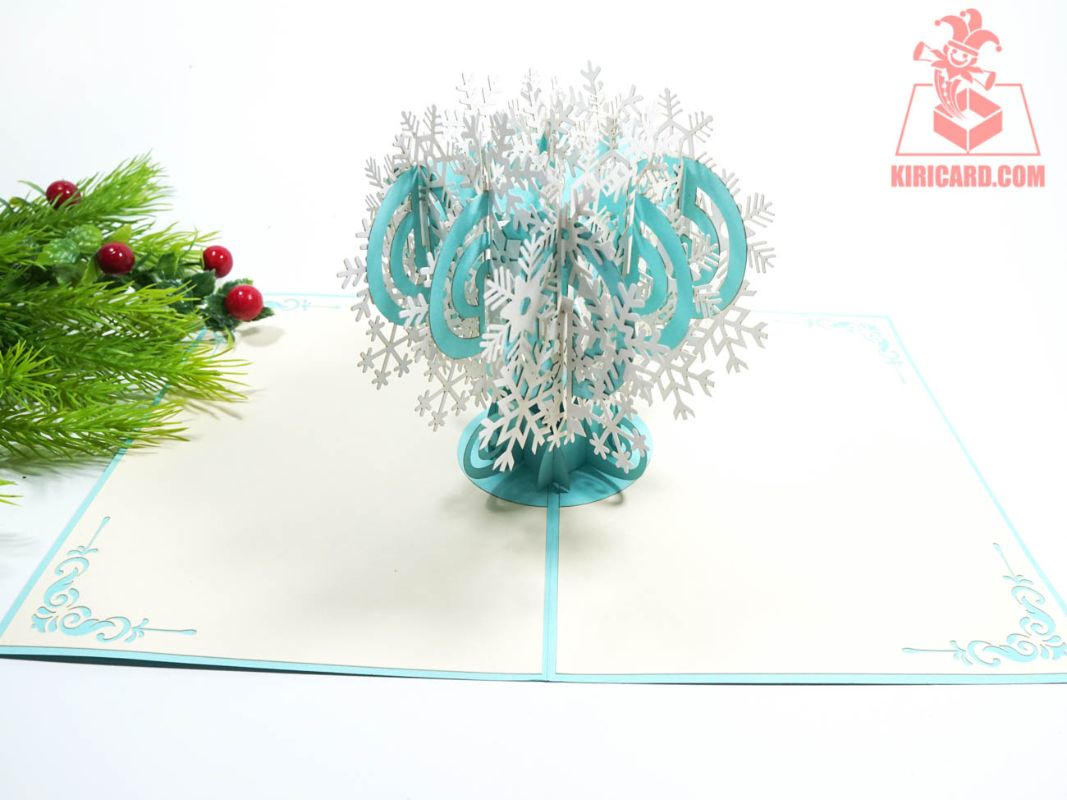
Wearing Christmas hats adds a playful and festive element to holiday celebrations.
They symbolize the fun and joy of the season.
Understanding the origins and meanings behind these symbols can deepen your appreciation of the holiday and enhance your celebrations.
For more holiday inspiration and beautifully crafted pop-up cards, visitKiricard.
Our collection of Christmas cards is designed to make your holiday celebrations even more special.
Here are some exquisite options to enhance your holiday greetings:
Instagram|Facebook|TikTok|Pinterest